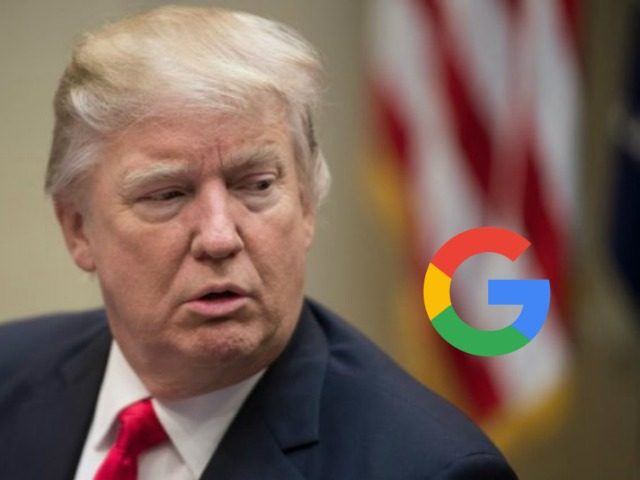President Donald Trump’s power to appoint a majority of the Federal Trade Commission’s members and the agency’s Chairman may usher in aggressive enforcement of anti-trust laws against several Silicon Valley tech giants.
According to a post-2016 election op-ed in the New York Times by Jonathan Taplin, former Director University of Southern California Annenberg Innovation Lab, Google controls 88 percent of search advertising revenue. Facebook, with its subsidiaries WhatsApp, Messenger and Instagram, controls 77 percent of social traffic. Taplin complained that the Silicon Valley behemoths extract unjust monopolistic profits by unfairly shaking down creative industries through their control over what content appears on the web.
With Silicon Valley tech start-up genius Peter Thiel reported by Vanity Fair as leading the Trump administration’s vetting of new commissioners, it has been assumed that the Trump FTC will police anti-trade practices after Thiel disparagingly described Google as a monopoly in Zero to One, his latest book on how tech start-ups will create the future.
Under the Federal Trade Commission Act, President Trump will soon nominate, and then the U.S. Senate can confirm or deny, three of the five members of the Federal Trade Commission. No party can hold more than 3 seats.
Under the Obama administration, the FTC conducted a 19-month review of Google between 2011 and 2013 to determine if the dominant Internet search giant was an anti-competitive monopoly in the way it ranked and displayed search results.
Despite seeking extensive testimony and generating nine million pages of evidence, the FTC’s 3 Democrats and 2 Republican commissioners voted to sign a settlement, instead of pursuing an enforcement action.
Under the modest settlement agreement with the FTC, Google only promised to “allow competitors access – on fair, reasonable, and non-discriminatory terms – to patents on critical standardized technologies needed to make popular devices such as smart phones, laptop and tablet computers, and gaming consoles.”
But in March 2015, the Wall Street Journal reported that the FTC staff’s 160-page report regarding Google from 2012, had been “inadvertently disclosed” in response to an unrelated Freedom of Information Act request.
The staff report concluded that Google willfully engaged in anti-trust search bias on several fronts, including automatically boosting its own sites’ results while downgrading and blacklisting competing shopping sites to keep them out of top search results.
Because the report revealed that Google in some cases intentionally changed its search algorithm multiple times until it could find a way to keep popular competitors out of the top 10 listed search results, the staff recommended that the FTC move ahead with a lawsuit and other enforcement actions against Google.
Utah Attorney General Sean Reyes is the leading candidate, according to Politico, to be nominated by President Trump for an FTC seat and the chairmanship.
Although Reyes seems very qualified, Re/code reported that Reyes’ had received about $60,000 in campaign donations from tech companies in the last three years. Reyes might have to recue himself regarding certain FTC investigations, since he received $25,000 from Facebook, $15,000 from Comcast, $7,200 from Microsoft, $3,000 from Yelp and $2,500 from Google.

COMMENTS
Please let us know if you're having issues with commenting.